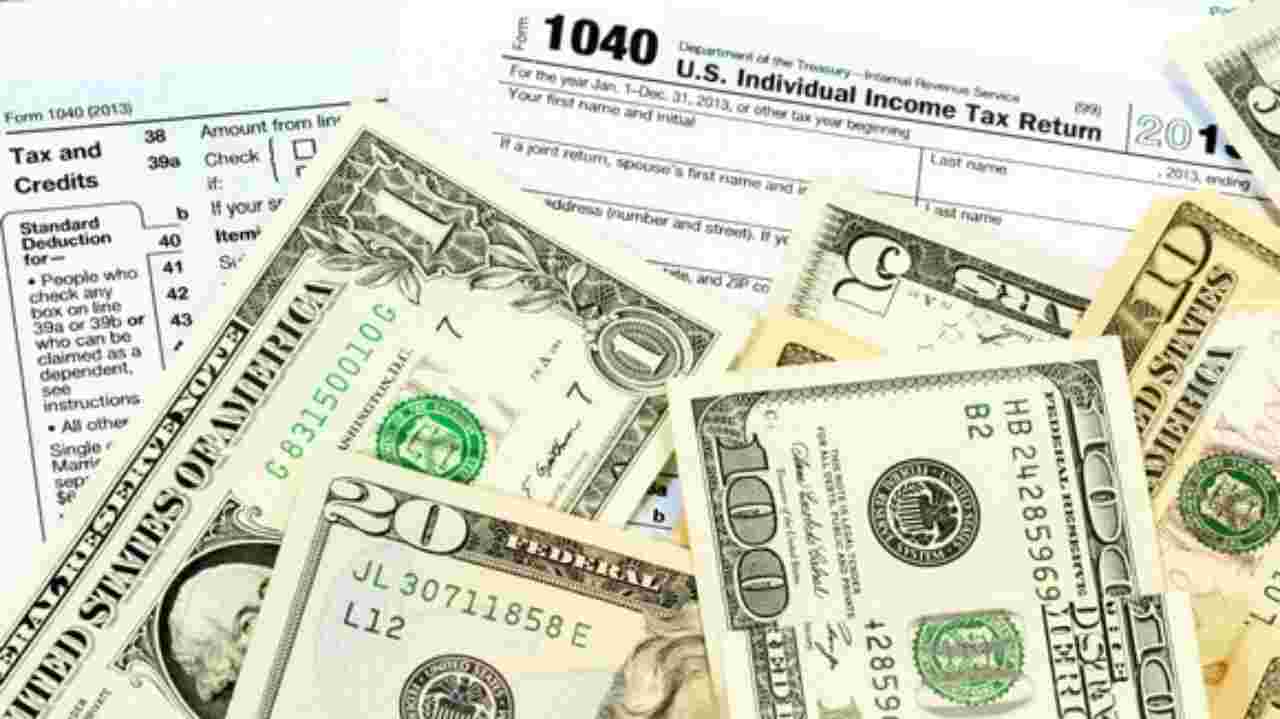Blog
Tips about Taxable
and
Nontaxable Income
Tips about Taxable and Nontaxable Income
If there is an income, there usually is a tax on it. Kevin and Melissa understand it very well and that explains their meticulous planning for the year. This week we discuss what type of income must be reported on tax returns. Are you looking for a hard and fast rule about what income is taxable and what income is not taxable? The fact is that all income is taxable, unless the law specifically excludes it.
Taxable income includes money you receive, such as wages, and tips. It can also include noncash income from property or services. For example, both parties in a barter exchange must include the Fair Market Value (FMV) of goods or services received as income on their tax return. And sometimes your Social Security Benefits are subject to tax as well.
Some types of income are NOT TAXABLE except under certain conditions, including:
- Life insurance proceeds paid to you are usually not taxable. But if you redeem a life insurance policy for cash, any amount that is more than the cost of the policy is taxable.
- Income from a qualified scholarship is normally not taxable. This means that amounts you use for certain costs, such as tuition and required books, are not taxable. However, amounts you use for room and board are taxable.
- If you received a state or local income tax refund, the amount may be taxable. You should have received a Form 1099-G from the state agency that made the payment to you, if you received a state refund. If you didn’t get it by mail, the agency may have provided the form electronically. Contact them to find out how to get the form. Report any state refund you got, even if you did not receive Form 1099-G. You must still report it, even if you are not taxed on it. This is known as the tax benefit rule.
Here are some types of income that are usually NOT TAXABLE:
- Gifts and inheritances
- Child support payments
- Welfare benefits
- Damage awards for physical injury or sickness
- Cash rebates from a dealer or manufacturer for an item you buy
- Reimbursements for qualified adoption expenses
- Alimony payments (divorces decreed after 2018)
- Foster Care Payments
Social Security Benefits (Taxable or Not?)
For some taxpayers reaching Social Security age of 62 and older, allows them the opportunity to start receiving benefits. At age 62 you can start receiving benefits early, but there could be some reduction of benefits involved if you are still earning a wage between ages 62-67. Monthly benefits can be paid to a spouse, ex-spouse, children, widow or dependent parents of retired or deceased workers. Important point, Social Security limits the amount of monthly benefit a family can receive! This may affect when you start taking your benefits.
You must have 40 quarters (10 years) paying into Social Security in order to be qualified to receive Social Security benefits. These quarters are determined by how much you earned, and how long you worked each year.
If you are earning income and receiving Social Security benefits, you may find yourself paying taxes on some of your Social Security benefits. Single taxpayers earning over $25,000 will pay income taxes on some of their social security benefits. Married Filing Joint taxpayers earning over $34,000 will pay income taxes on some of their social security benefits. As much as 85% of your social security benefits can be subject to taxation.
This does not mean that you pay 85% tax; it means that 85% of your benefits could be taxed at whatever your tax bracket is. You have an option of having Federal Income Taxes withheld from your Social Security benefits to help reduce the amount of tax that may be owed at year end. You may have to pay estimated tax payments on a quarterly basis.
Each year the earnings limit changes, so be sure to see Azmoneyguy or another tax professional to see if your Social Security benefits are taxable.
Here are some Social Security points to remember:
- If you take social security benefits before your full retirement age and you still work, you may find the amount of your benefits reduced.
- If you receive Social Security Benefits you may have to pay taxes.
- Remember that you should speak with Azmoneyguy or a tax professional to determine when you should take your social security benefits. Usually, if you are working you should wait until you reach Full Retirement Age (according to Social Security rules). If you are not working, you usually want to take your social security benefits at the earliest age possible. Your tax professional should be consulted before making a financial decision. You may even be able to take some of your spouse’s or former spouse’s Social Security benefits!
- Social Security limits the amount of monthly benefit a family can receive! Be sure to plan before taking benefits.
Related Blog Posts
No Results Found
The page you requested could not be found. Try refining your search, or use the navigation above to locate the post.
Do You Owe The IRS?
Learn 5 Secrets The IRS Doesn't Want You To Know.
Click on the button below to get FREE access to this exclusive content.
Get Expert Tax Advice from an expert
Mr. Hockensmith has been a guest newscaster for national and local TV stations in Phoenix since 1995, broadcasting financial and tax topics to the general pubic. He has written tax and accounting articles for both national and local newspapers and professional journals. He has been a public speaker nationally and locally on tax, accounting, financial planning and economics since 1992. He was a Disaster Reservist at the Federal Emergency Management Agency, for many years after his military service. He served as a Colonel with the US Army, retiring from military service after 36 years in 2008. Early in his accounting career, he was a Accountant and Consultant with Arthur Andersen CPA’s and Ernst & Young CPA’s.







